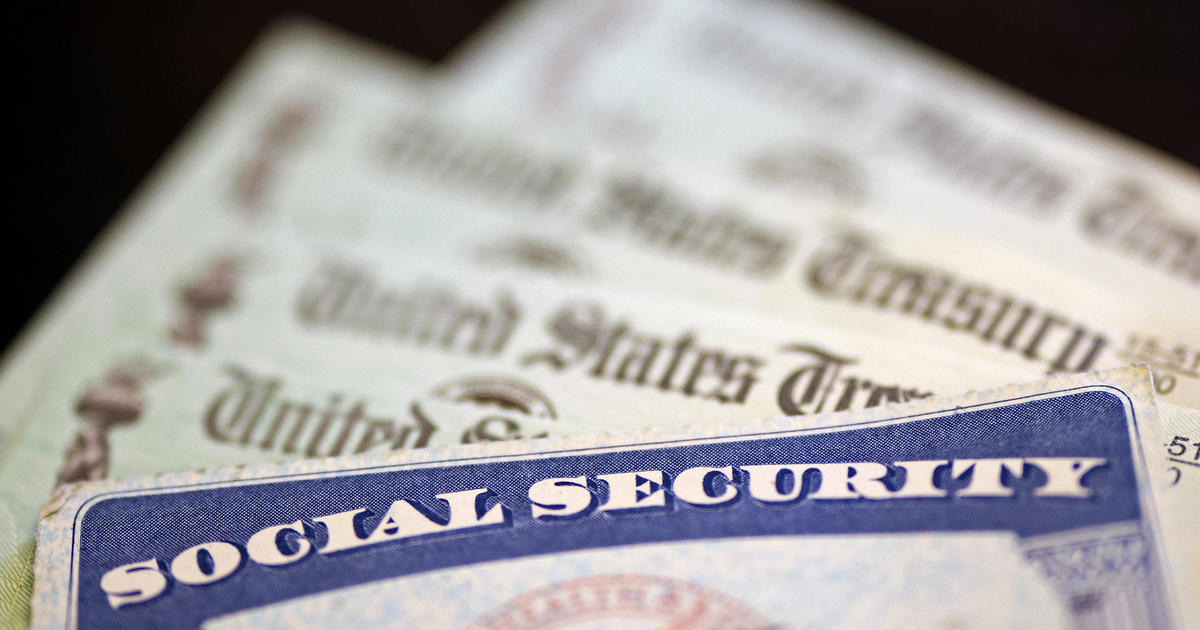A new lawsuit is claiming hackers have gained access to the personal information of “billions of individuals,” including their Social Security numbers, current and past addresses and the names of siblings and parents — personal data that could allow fraudsters to infiltrate financial accounts or take out loans in their names.
The allegation arose in a lawsuit filed earlier this month by Christopher Hofmann, a California resident who claims his identity theft protection service alerted him that his personal information had been leaked to the dark web by the “nationalpublicdata.com” breach. The lawsuit was earlier reported by Bloomberg Law.
The breach allegedly occurred around April 2024, with a hacker group called USDoD exfiltrating the unencrypted personal information of billions of individuals from a company called National Public Data (NPD), a background check company, according to the lawsuit. Earlier this month, a hacker leaked a version of the stolen NPD data for free on a hacking forum, tech site Bleeping Computer reported.



Can we just pass a law or act that allows a person to discharge any debt they deem fraudulent? Like if it is known the person had their data leaked and they are signed up for something sketchy we should be able to legally and for free dispute that account/charge/service and have it stricken from our life. To prevent someone from just taking advantage of it though it should also automatically change your SSN or other personal ID number and freeze other accounts that are legit until they are paid in full. Most people would need to use this service at most once in their lifetime.
This is already the case, it’s not a law, but contracts. You’re not in fact a party to the agreement, so you’re not beholden to the terms.
We already have that, it’s called debt verification. If they can’t prove the debt is really yours, you’re off the hook.